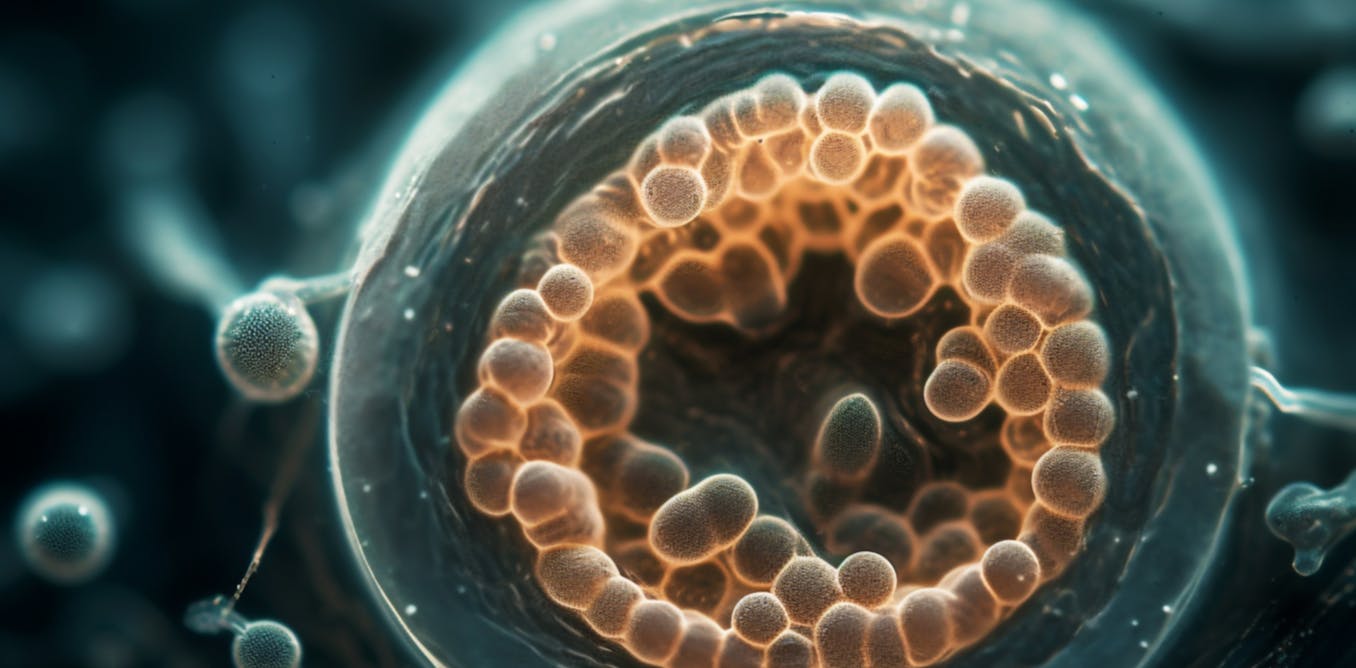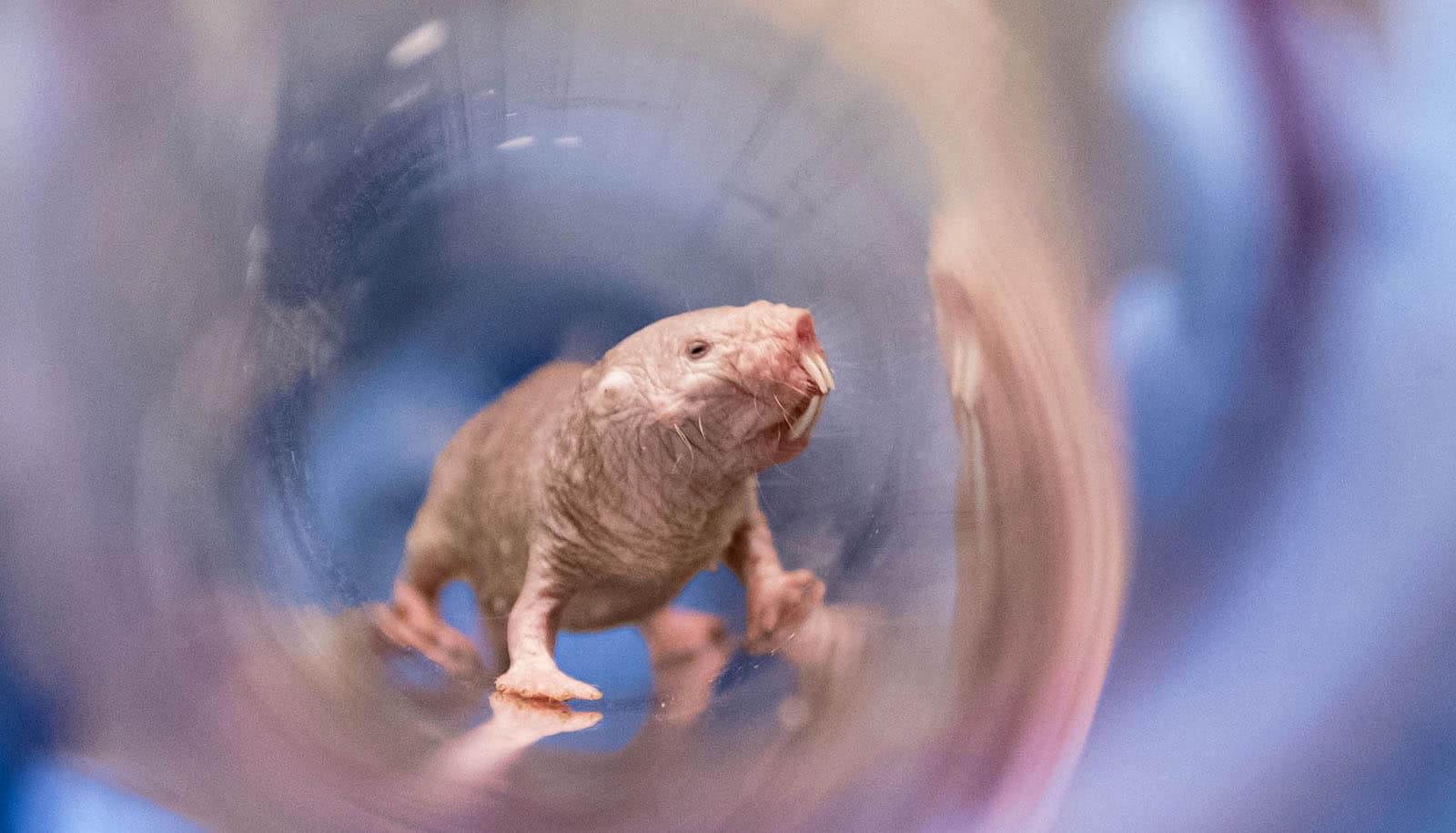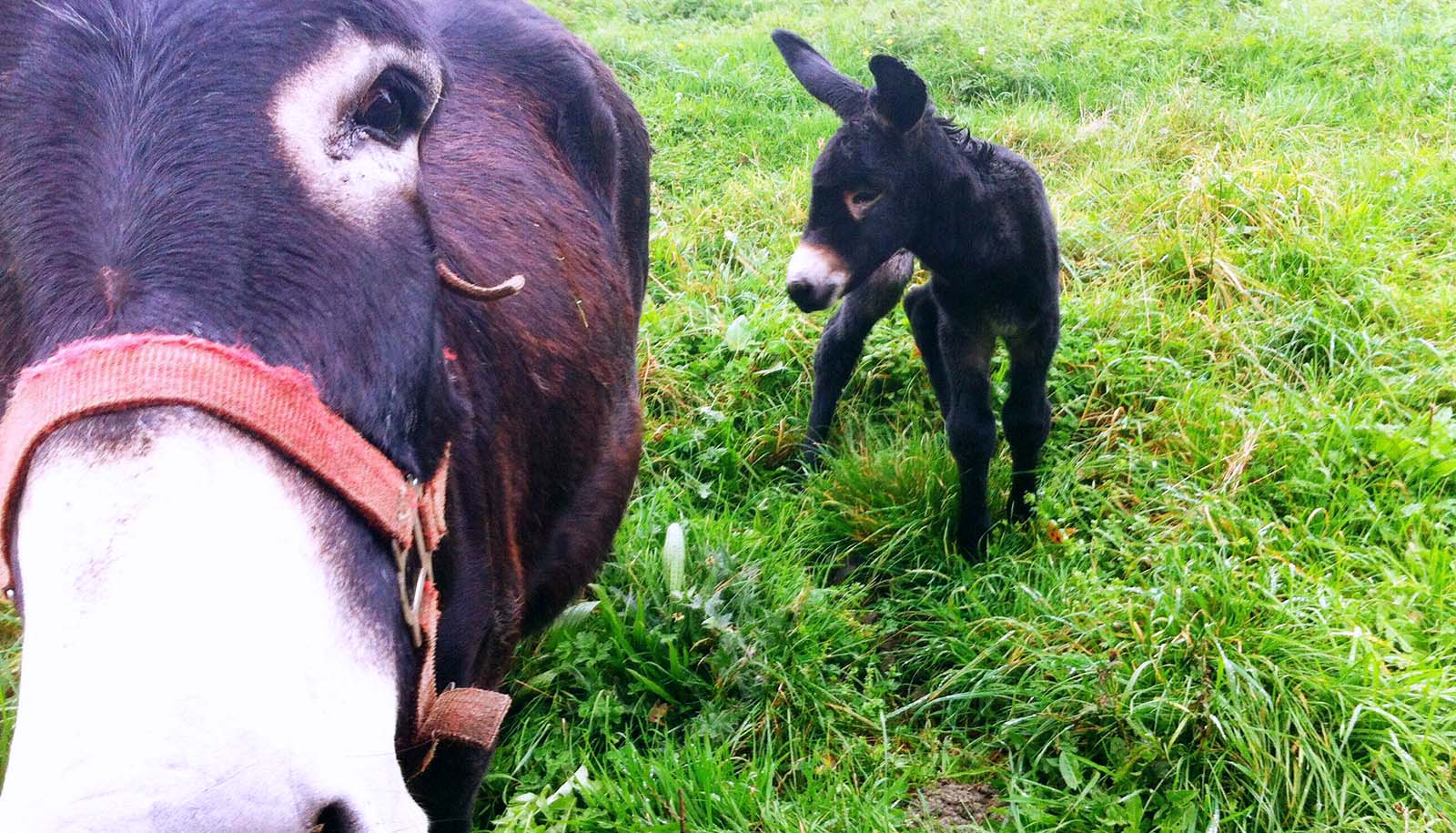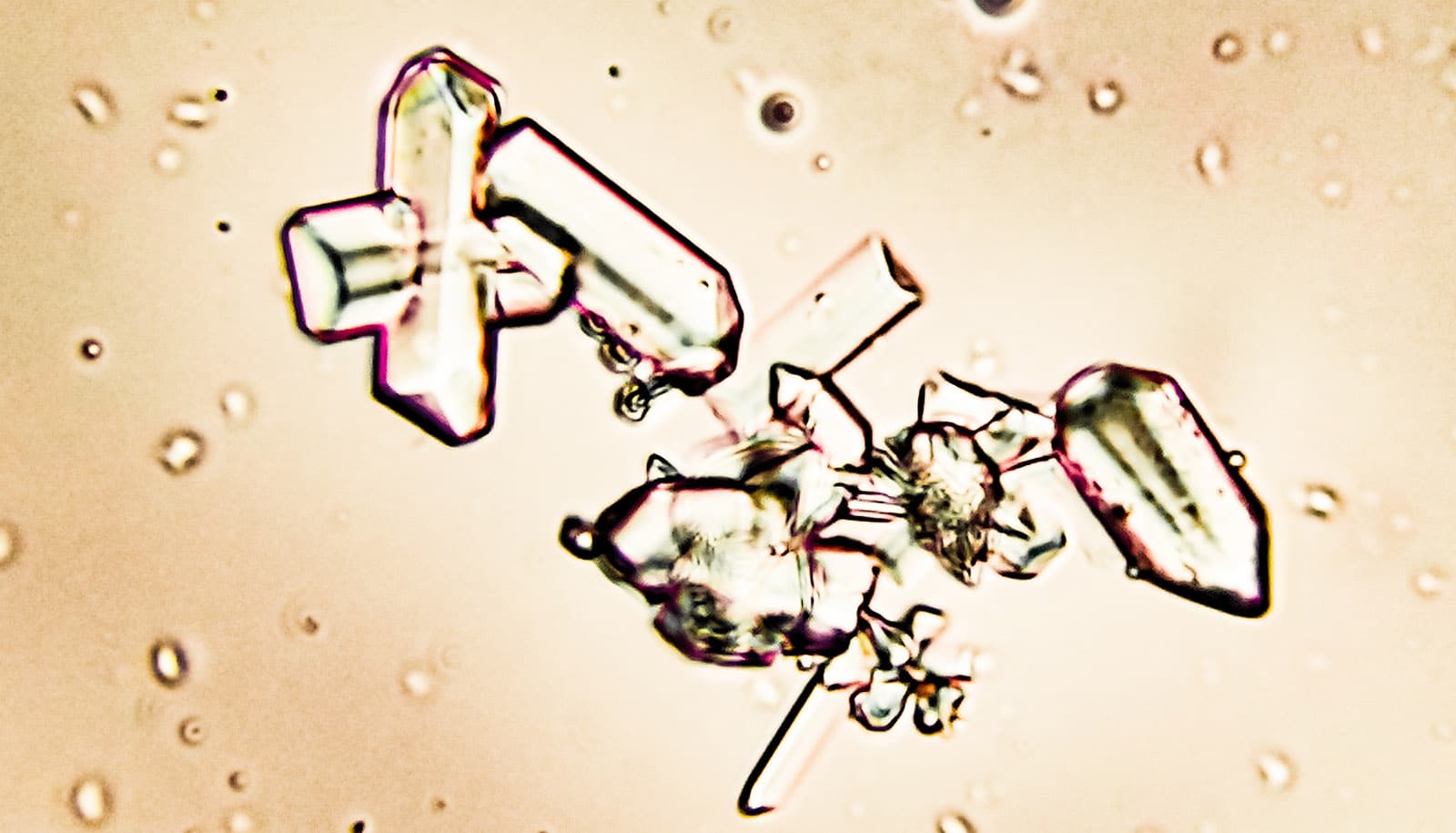Promising assisted reproductive technologies come with ethical, legal and social challenges – a developmental biologist and a bioethicist discuss IVF, abortion and the mice with two dads
Scientists can create viable eggs from two male mice. In the wake of CRISPR controversies and restrictive abortion laws, two experts start a dialogue on ethical research in reproductive biology.
July 13, 2023 • ~17 min









